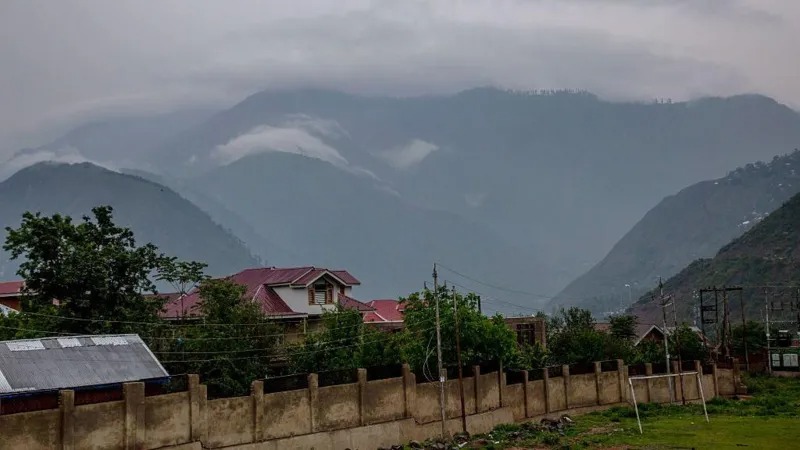World
Trump’s Mediation Proposal on Kashmir Puts India in a Difficult Position

US President Donald Trump’s offer to mediate between India and Pakistan over Kashmir has caused a diplomatic stir in New Delhi. India has long rejected third-party involvement in the Kashmir issue, seeing it as a matter to be handled only through direct talks with Pakistan.
Trump claimed that the two countries had agreed to a full and immediate ceasefire after several days of cross-border violence. He also offered to help both sides find a lasting solution to the Kashmir dispute.
History of the Kashmir conflict
The Kashmir conflict began in 1947 when India was divided into two countries—India and Pakistan. Both nations claim the region in full but only control parts of it. Many rounds of talks have failed to bring about peace.
India sees Kashmir as part of its territory and firmly rejects the idea of letting outside powers intervene. This position became even more rigid after India removed Jammu and Kashmir’s special status in 2019, which led to protests in the region.
Indian officials react with concern
Many in India saw Trump’s remarks as a serious challenge to the country’s foreign policy. Former foreign secretary Shyam Saran said such offers go against India’s long-standing position. The Indian government has not officially responded to Trump’s comments, but Foreign Minister Subrahmanyam Jaishankar stressed that India remains firm in its stand against terrorism.
Opposition leaders in India have also raised questions. The Congress party asked whether the Indian government had agreed to third-party mediation and demanded an all-party meeting to discuss the issue.
Pakistan welcomes Trump’s involvement
Pakistan, on the other hand, supports international involvement in the Kashmir issue. Due to a lack of trust between the two nations, Pakistani experts say global mediation is necessary to prevent further conflict. Imtiaz Gul, a security analyst in Islamabad, said Pakistan sees Trump’s proposal as a positive step.
Strategic experts in Pakistan believe India’s refusal to engage in talks makes outside help essential. They warn that without it, future flare-ups could lead to wider conflict.
India faces pressure from strategic ties
India’s ties with the United States have grown stronger in recent years. The US has supplied India with military equipment and sees it as a key partner in countering China’s influence in the Indo-Pacific region. India is also part of the Quad group, along with the US, Japan, and Australia.
At the same time, the two countries are negotiating a major trade deal. Bilateral trade reached about $130 billion in 2024. India must therefore handle the situation carefully to avoid harming its relations with Washington while protecting its national interests.
Delhi walks a diplomatic tightrope
Trump’s surprise offer has put India in a tight spot. While rejecting third-party mediation remains its official stance, India also wants to avoid tension with the US. Accepting such a proposal could trigger backlash at home, especially on sensitive issues like Kashmir and water-sharing.
For now, India seems unwilling to hold talks with Pakistan or accept outside help. But as regional tensions and international interests grow, maintaining this position may become increasingly difficult.








